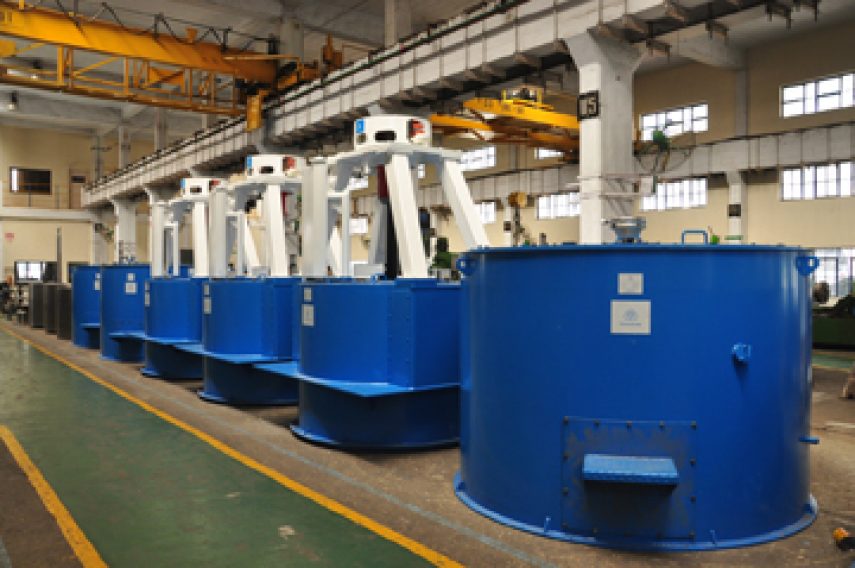Stretching across the provinces of Mpumalanga and KwaZulu-Natal with a small production in the Eastern Cape, South Africa’s R12 billion sugar industry consistently ranks in the top 15 out of some 120 sugar producing countries worldwide, producing an average of 2,2 million tons of sugar per season.
But the full potential of the South African sugar industry can only be extracted if the numerous challenges facing this sector are addressed, cautions Dayalan Padayachee, Senior Business Development Manager, Thyssenkrupp Industrial Solutions South Africa.
“This is an aging industry using old technologies which negatively impact plant reliability and throughput with subsequent cost implications. Additionally, as a result of the protracted drought, the industry is dealing with the worst cane production in a decade with subsequent drops in cane quality and volumes that adversely affect throughput.”
The rapid changes in environmental legislation over the past decade with strict laws regulating greenhouse emissions and waste water as well as the sugar tax on consumption present further challenges for the local sugar manufacturing industry.
In addressing these challenges sugar manufacturers simply have to find ways to keep up throughput, maintain productivity and optimise in all areas while reducing input costs, said Padayachee, adding that this is where Thyssenkrupp believes it can make a significant contribution.
“We have the technology and the equipment to build a complete plant, from feasibility studies right through to commissioning, but we also have the capabilities to identify specific areas where improvements to aging plants and optimisation of processes, systems and equipment are possible.
„Our approach is to look for ways how we can make our customers smarter throughout the production process with our main focuses here on energy conservation, water treatment, steam and plant optimisation as well as energy mass balance expertise.”
He said Thyssenkrupp‘s turnkey solutions could assist the local sugar industry to work smarter and improve profitability. Through the optimisation of processes and equipment end-users can improve efficiencies across the plant and conserve energy and water resources. New revenue streams can be generated by creating alternative markets through the production of by-products from recovered waste.
“One can also diversify excess sugar into biochemicals like Poly Lactic Acid, where Thyssenkrupp can support with its technology and execute the project on a turnkey basis.“
The water that is used during the crushing of the cane is used as heating vapours during the process. Water losses occur through molasses, filter cake, Bagasse, etc. According to Padayachee the balance of untreated water can be effectively treated and re-used for non-critical applications on the plant.
“It is imperative that sugar producers start treating waste water to prevent harming the environment. Additionally, treated water can be re-used, saving on the water bill as well as our country’s vulnerable water supply. We have the necessary skills and expertise to develop complete water treatment plants for sugar mills or add value to existing treatment facilities by providing for a polishing unit for example to assist mills in making the water suited for re-use.
“We differentiate between the scopes of local knowledge and global expertise and specialists from India such as sugar technologists, process engineers and doctors in chemical engineering join the South African Thyssenkrupp team to deliver optimum solutions that will ensure a sustainable and prosperous future for Africa’s sugar industry,” Padayachee said

